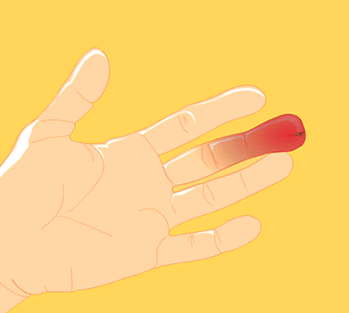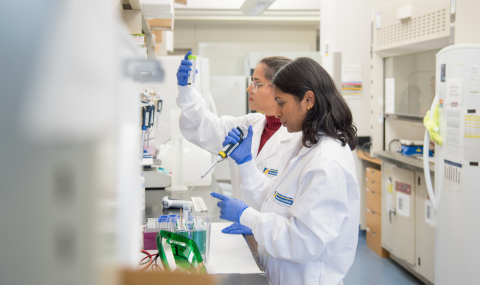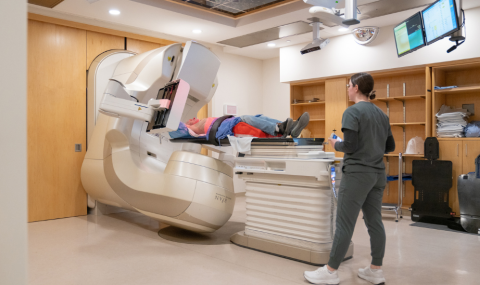|
INLAMMATION, INFLAMMATORY RESPONSE The body's normal response to serious illness or injury is to initiate an "inflammatory response". To understand inflammation, think of a time when you may have cut or injured your finger. The effects of localized inflammation are seen by the swelling, redness, warmth and pain that occurs. The inflammatory response increases the amount of blood flow to the site of injury to get more nutrients and white blood cells to an area in need. To increase blood flow to the area, the blood vessels get wider (dilate). To help the white blood cells, proteins and other substances reach the cells, the blood vessels in the inflamed area get "leaky". This leakiness causes water to collect in the surrounding tissue, causing swelling. Inflammatory response also causes blood to clot. When the body SufferS a serious insult such as multiple trauma, major surgery or serious infection, this inflammatory response occurs throughout the entire body. This can cause widespread swelling, low blood pressure and clotting disorders. When patients have widespread signs of inflammation, we call the condition Systemic Inflammatory Response Syndrome or "SIRS". When SIRS develops as a result of infection, the condition is called Sepsis Syndrome, Severe Sepsis or Septic Shock, depending upon the severity of the patient's symptoms. |
ABOVE: Localized Inflammation |
|
|
|
|
|
|
|
|
|
|
|
Our masking guidelines have been updated. Visit the Patient and Visitor Masking Guidelines page for more information.




